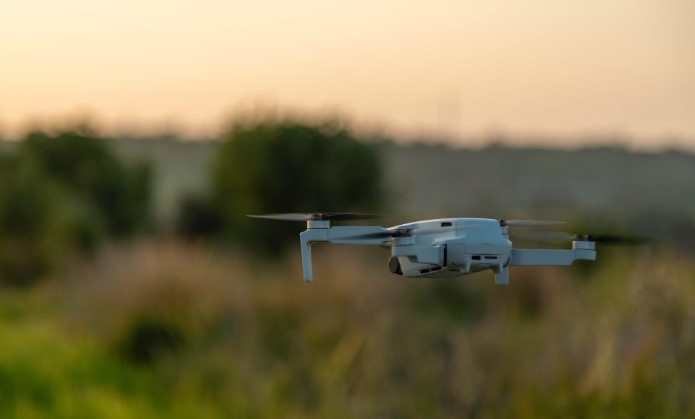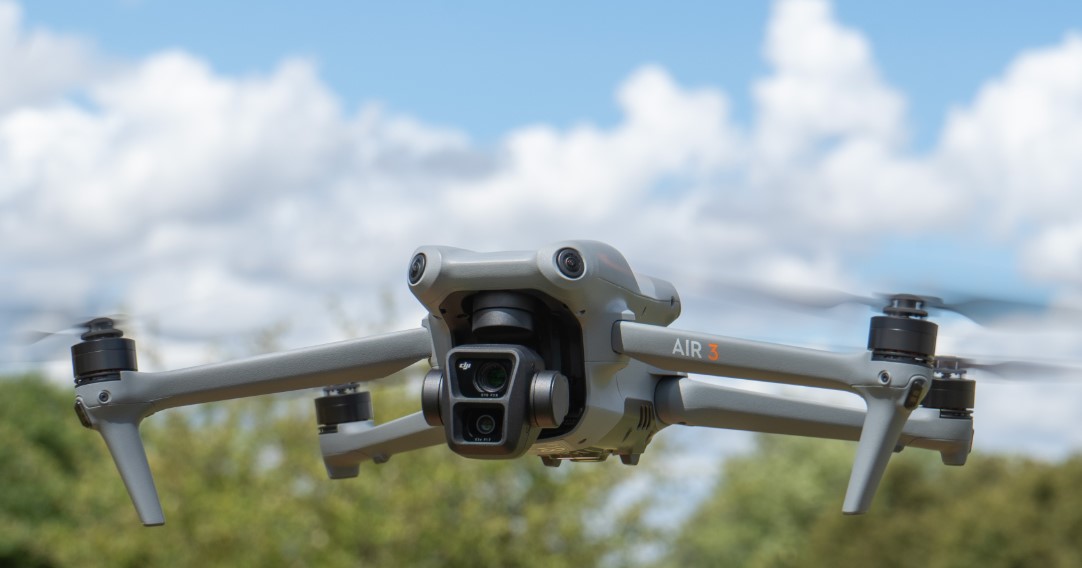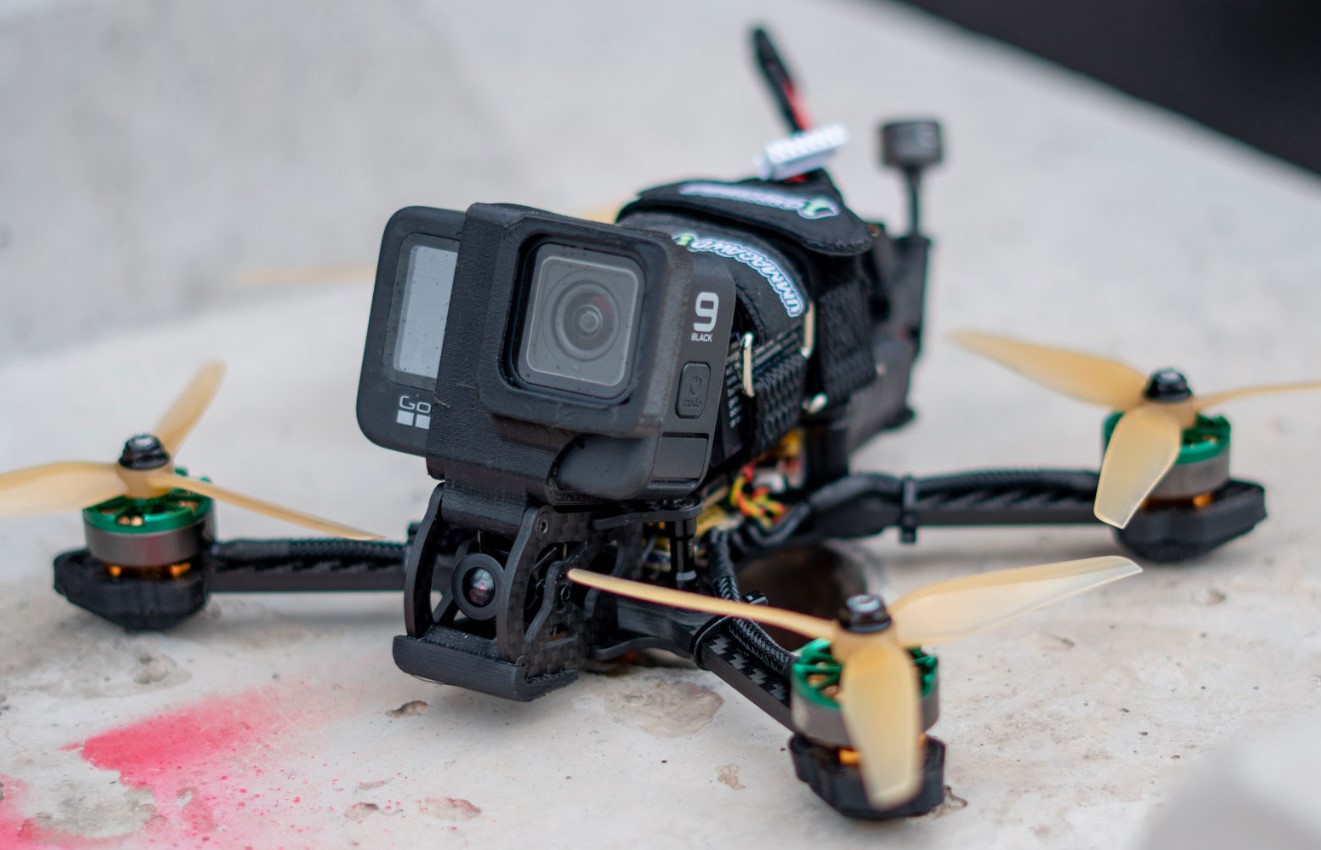Can you fly a drone in a public park in the UK? The answer depends on a range of factors, including local laws, drone regulations, and the specific policies of individual councils or park authorities. This article explores the legal landscape and provides a clear, detailed guide for drone operators navigating public parks in the UK. Follow Dronevoz.com !!!
The Legal Framework for Drone Flying in the UK
Before delving into the specifics of flying drones in public parks, it’s essential to understand the broader legal framework governing drone usage in the UK. Drone operations in the UK are regulated by the Civil Aviation Authority (CAA), which enforces rules to ensure the safety of people, property, and airspace. The key legislation for drone operators is the UK Drone Code, which outlines the dos and don’ts of flying drones.
The type of drone you operate, its weight category, and whether you’re flying recreationally or commercially will determine the rules you must follow. These rules apply universally across the UK, regardless of whether you’re in a public park or any other outdoor area.
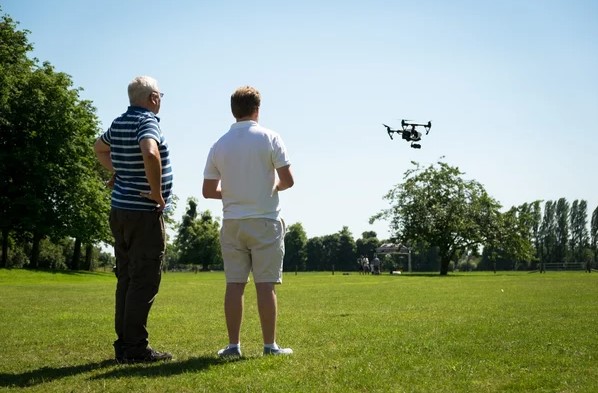
Registration Requirements for Drone Pilots
As of 2021, all drones weighing between 250g and 20kg must be registered with the CAA. Drone operators must obtain an Operator ID, while individuals who physically control the drone must hold a Flyer ID. Both can be obtained by passing a short online theory test provided by the CAA. Even if your drone weighs less than 250g (such as the popular DJI Mini 3), it is essential to check whether the drone has a camera, as this will also require you to register.
Failure to register your drone could result in fines of up to £1,000.
Key Drone Rules from the UK Drone Code
The UK Drone Code outlines several key rules that drone operators must follow:
- Maintain Visual Line of Sight (VLOS): You must always keep your drone in sight while it is flying, typically no further than 500m away.
- Altitude Restrictions: Drones must not be flown higher than 120m (400ft) above ground level.
- Avoid Crowded Areas: Drones must not be flown over crowds, congested areas, or large gatherings such as festivals or sporting events.
- Respect Privacy: You must not fly your drone close to people’s homes, gardens, or private property without their consent.
- Airspace Restrictions: Drones must not be flown near airports, airfields, or controlled airspace. Restricted zones can be checked via apps such as Drone Assist or UAV Forecast.
These rules provide the foundation for safe and legal drone operations. However, when flying in public parks, additional considerations come into play.
>>> Read: Can You Fly a Drone at the Grand Canyon?
Can You Fly A Drone in A Public Park UK?
The short answer is it depends on the park and its governing authority. Public parks in the UK are typically managed by local councils, and each council can set its own rules for drone flights.
Flying drones in public parks isn’t explicitly prohibited by national laws, but there are several factors that dictate whether you’re allowed to do so. These include:
- Local Council Policies
- Type of Drone and Its Weight
- Purpose of Your Flight (Recreational or Commercial)
- Consideration for Other Park Users
Local Council Policies
The most important factor in determining whether you can fly a drone in a public park in the UK is the policy of the local council or the authority responsible for managing the park. Local councils have the power to impose their own restrictions on drone flying within their jurisdiction. Some councils explicitly prohibit drone use in their public spaces, while others allow it under certain conditions.
For example:
- Westminster City Council prohibits drone flying in all its parks and open spaces without prior written permission.
- Richmond Council has a similar policy, banning drone use in its parks unless you have obtained specific authorization.
- On the other hand, some councils, such as those in rural areas, may be more lenient, provided you follow the CAA’s regulations.
Drone operators are advised to check the specific rules of the park they wish to fly in. This information is typically available on the local council’s website or can be obtained by contacting the council directly.
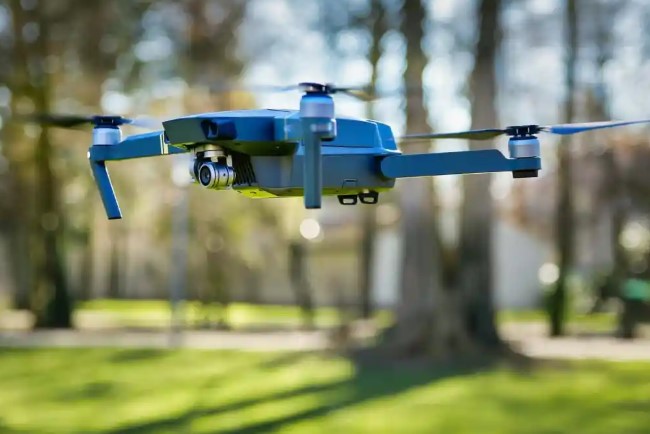
Type of Drone and Its Weight
The weight of your drone plays a significant role in determining where you can fly it. As mentioned earlier, drones weighing less than 250g, such as the DJI Mini series, are subject to fewer restrictions. These lightweight drones are often considered safer and less intrusive, making them more likely to be permitted in public parks.
However, drones weighing more than 250g are subject to stricter rules due to their potential to cause harm or invade privacy. If you’re flying a heavier drone, you’ll need to exercise extra caution and ensure compliance with both the CAA’s regulations and local park policies.
Purpose of Your Flight (Recreational or Commercial)
The purpose of your drone flight also has implications for where you can operate. Recreational drone flying is generally more acceptable in public parks than commercial use. Commercial drone operators must obtain additional permissions, such as a GVC (General Visual Line of Sight Certificate) or A2 Certificate of Competency (A2 CofC), depending on the nature of their operations.
If you’re flying commercially in a public park (e.g., for a photography project or real estate shoot), you may also need to obtain permission from the local council or park authority.
Consideration for Other Park Users
Public parks are shared spaces, and drone operators must be considerate of other visitors. Even if drone flying is permitted, you should avoid flying near children, pets, or individuals who may feel uncomfortable with your presence. The UK Drone Code specifies that drones must not be flown within 50m of people, vehicles, or buildings not under your control.
Additionally, noise pollution caused by drones can be disruptive to park users seeking peace and quiet. Always choose an area of the park that is less crowded and maintain a respectful distance from others.
Tips for Flying Drones Safely in Public Parks
If you’re planning to fly a drone in a public park in the UK, here are some helpful tips to ensure a safe and enjoyable experience:
- Check Local Rules: Always verify the park’s specific drone policy with the local council.
- Use Drone Apps: Use apps like Drone Assist to check for restricted airspace, no-fly zones, and other safety advisories in your area.
- Stay in Open Areas: Choose large, open spaces where you can maintain a clear line of sight with your drone and avoid obstacles.
- Fly During Off-Peak Hours: Flying early in the morning or on weekdays can help you avoid crowded areas and reduce the risk of complaints.
- Respect Wildlife: Many public parks are home to wildlife, and drones can disturb animals. Avoid flying near bird nests, waterfowl, or other wildlife habitats.
- Carry Proof of Registration: Always have your Operator ID and Flyer ID handy in case you are approached by park authorities or law enforcement.
>>> Read: Difference between drone and UAV? Similarities Between Drone and UAV
Consequences of Illegal Drone Flying in Public Parks
Flying a drone in a public park without proper authorization or in violation of CAA regulations can result in penalties. These include:
- Fines: Operators can face fines of up to £1,000 for breaking drone laws.
- Confiscation: Your drone may be confiscated if you’re found to be flying illegally.
- Prosecution: In severe cases, reckless drone flying could lead to prosecution, especially if it endangers people or property.
Adhering to the UK Drone Code and local park policies is essential to avoid these consequences.
Conclusion
So, can you fly a drone in a public park in the UK? The answer is: It depends. While national laws governed by the CAA provide general guidelines for safe drone flying, the ultimate decision often rests with local councils and park authorities. By researching local rules, following the UK Drone Code, and being considerate of other park users, drone operators can enjoy their hobby responsibly and legally.
Remember, drones are powerful tools that offer incredible opportunities for creativity and exploration. However, with this power comes the responsibility to prioritize safety, respect privacy, and comply with the law. Whether you’re capturing breathtaking aerial shots or simply enjoying the thrill of flying, always ensure your drone activities align with both national and local regulations.
